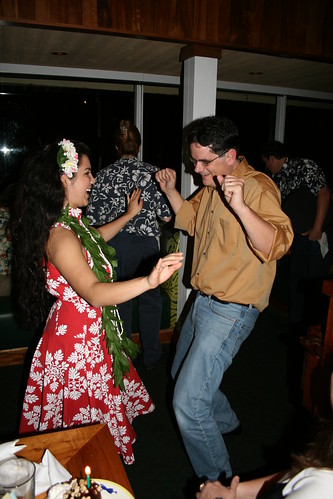The Middle Ages were medieval but that is not all bad. From C S Lewis and others, I’ve learned not to regard the dark ages as terribly dark. To be sure, there was sin and evil and life was violent and difficult then. But we lie to ourselves if we think things have changed much since.
One of the beautiful aspects of the medieval world was that they lived in a closed universe. What I mean is that they looked out at the world and the great expanse of the heavens and accepted that the world was God’s, that he had created it with order and harmony and that it operated by his gracious wisdom. Some think that since they accepted the Ptolemaic view of the earth as the center of the universe this meant that they somehow thought their world and themselves loomed large in that universe. In truth, they perceived the heavens as vast beyond all measurement and that from the far heights of heaven, past all planets and stars, in the emperium, circumscribed by God alone, earth was very small, even microscopic. So, though there was superstition and fear of the unknown (thankfully we’ve moved beyond these too), there was also a sense of exploration. What motivated that exploration can be seen in the Gothic Cathedrals, buildings designed to show how everything was interconnected, that reality was a whole – mysterious and transcendent yet somehow complete. These cathedrals reflected their view of the world. The Medievals had an optimism that since God was good and brought about everything in his goodness, they could learn about everything, and that one part could be studied to understand another part, since they were both parts of the larger whole and hence related. (I am partial to the notion that modern science was born then and not in the ‘enlightenment.’)
Lewis and others describe this worldview as the Dance. The Medievals understood the universe to be filled with cosmic music and that the planets and the stars and the angels and the souls of the saints in heaven all participated in this dance, a dance of love and adoration directed to God. Everything was supposed to be in this dance, though for us on earth sin had muted the music of the spheres and some angelic forces had opted to spread dysphonia and discord. Yet the Son brought the music back and returned humanity fully to the dance.
When I consider the use of prepositions in Colossians 1:15-20, our song of Christ, I am reminded of this dance. Verse 16 says that “in him all things were created…all things have been created through him and to him.” “In” (en) has either the sense of place or means. “through” (dia) has the sense of mediation – the instrument by which is something is done. And “to” (eis) has the sense of goal, Jesus is the one toward whom the creation is directed.
Then, in verses 19-20, these same prepositions are used again. “In (en) him all the fullness [of God] was pleased to dwell and through (dia) him to him to reconcile to (eis) him all things.” As we’ve seen, this comes in the second stanza of the song, when all is set to right and Christ’s pre-eminence is reasserted through his death. Here “in” clearly signifies place; God’s fullness dwells in Jesus the human (compare Colossians 2:9). Jesus, in his bodily existence and especially in his death, is the instrument (“through”) of reconciliation. And I understood “to him” (eis auton) to mean that Jesus is himself the goal of the reconciliation – everything is brought back to him so that he may hand it all over to his father.
A dance, with Jesus – who is present to all things and first among all things – holding, moving and receiving all things to himself. A dance where he reaches out to us, to take our hand and pull us up from our seats like some relative at a wedding, fearing for ourselves that we’ll be embarrassed or that we won’t know the moves or that we might perhaps enjoy ourselves too much – yet he does not let us demur but tugs us up and in, and through his loving coaxing and laughter and the grip of his hands, we are brought to share in his love and graciousness and energy and joy. And loosing ourselves in the dance, we find our place in the universe.
 |
| 40th Birthday at Duke's in Malibu - I know, only Jesus can teach me Rhythm |
.jpg)
No comments:
Post a Comment